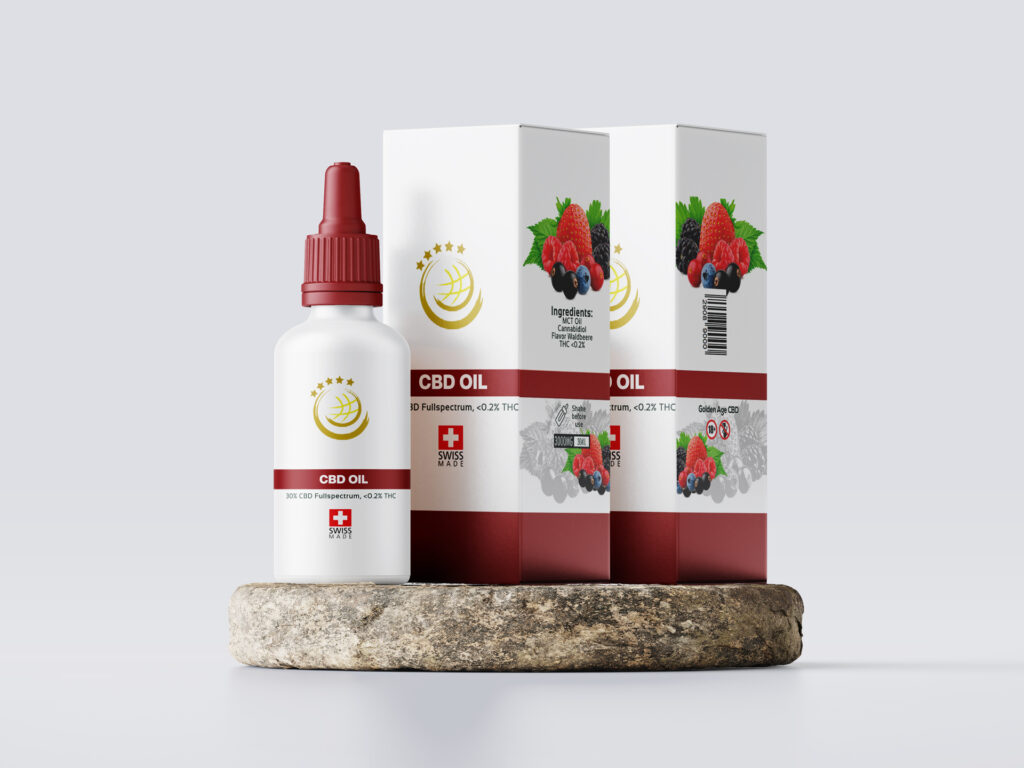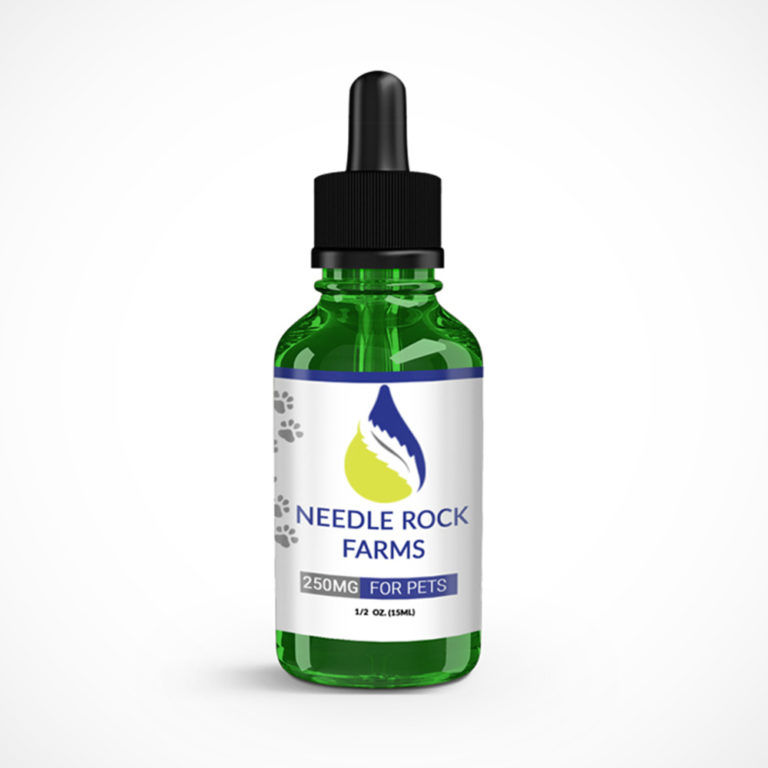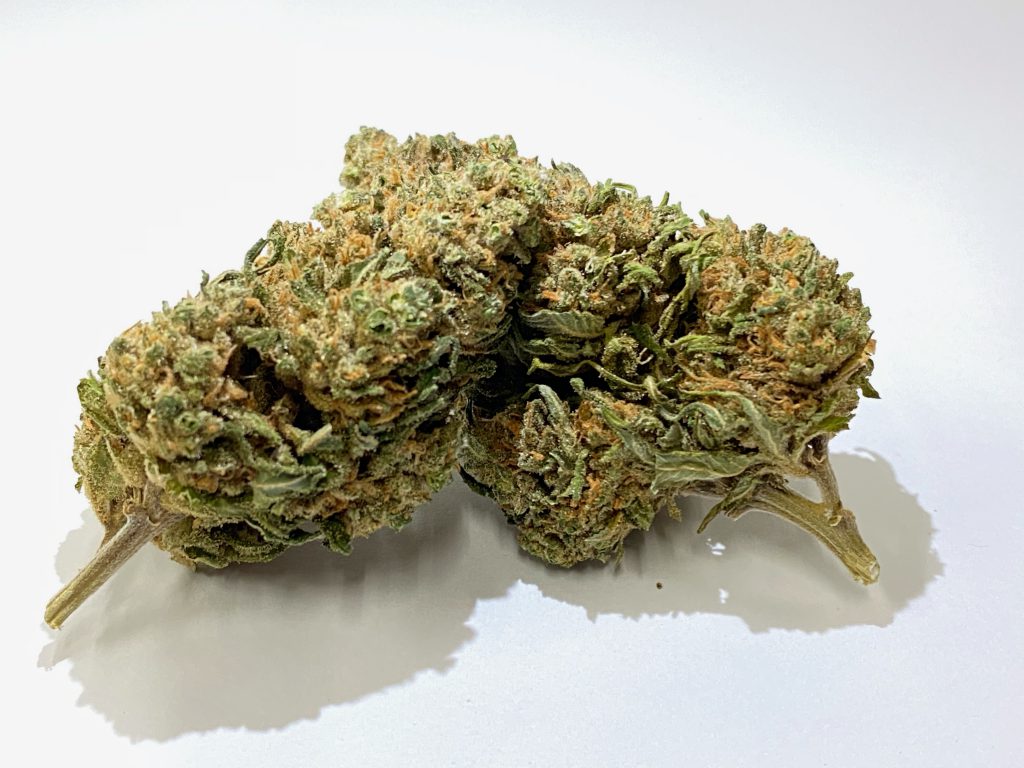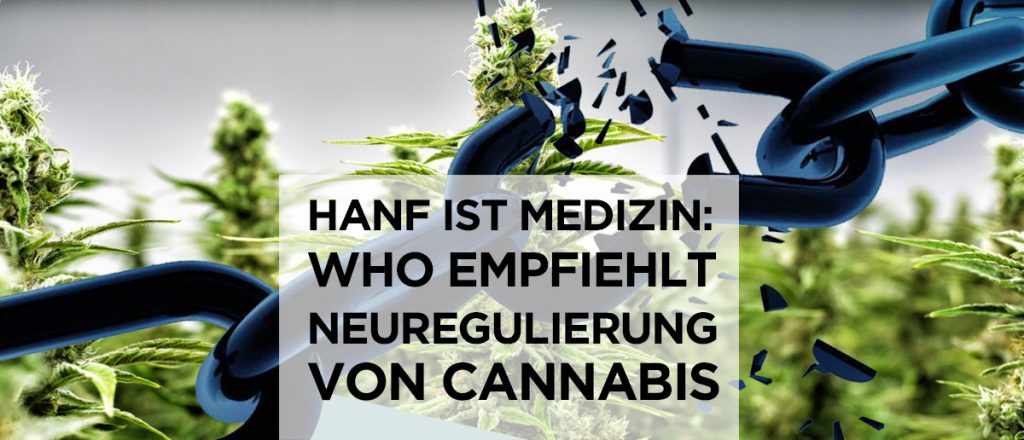The medicinal use of the hemp plant (CBD) was already practised 5000 years ago. In the meantime, 489 essential components have been determined in the hemp plant. In addition to terpenes, flavonoids and other plant substances, the phytocannabinoids are of particular interest. So far, 70 phytocannabinoids have been identified in the hemp plant. The best known of these are the tetrahydrocannabinole (THCs), cannabidiole, cannabinole (CBNs) and cannabigerole (CBGs). The psychoactive or intoxicating component of cannabis is the tetrahydrocannabiol, which binds to the CB1 or CB2 receptor (endocannabinoid system) to develop its activity. The non-psychoactive ingredient cannabidiol binds to different receptor systems. It is therefore considered to be an effective, well-tolerated and above all safe component of the hemp plant and is particularly interesting for self-medication, as it can develop anti-inflammatory, anti-epileptic and anti-schizophrenic properties, without depressant side effects. The use of cannabidiol is becoming increasingly popular in the complementary field due to the positive reports of experience.
Cannabinole -rich commercial hemp may be legally cultivated due to its low THC content; the cannabidiol is found in higher concentrations in the upper third of the plant and in the flowers. After harvesting, the plant parts are extracted or put into oil for extracts. CBD extracts from Co2 extraction are of particularly high quality. Due to the heat-free extraction process, the complete plant substance spectrum as well as all phytocannabinoids, except THC, remain contained.
Selection of the most important mechanisms of action of CBD researched to date
- CBD, like capsaicin, stimulates the vanilloid receptor type1. This stimulation could contribute to an analgesic effect. (Bisogno et al. 2001)
- Cannabidiole binds to the nucleoside transporter-1 and enhances the adenosine signalling pathway, thereby harmonising the increased neurotransmitter release (noradrenaline, adrenaline). In animal experiments, CBD also reduced the inflammation parameter TNF-alpha (Malfait et al. 2000).
- CBD binds to the GPR55 receptor, complementing the anti-inflammatory effect (Li et al. 2013)
- Cannabinoids, including CBD, are potent free radical scavengers and have cell-protective properties
CBD Application & Use
For complementary use in stress, burn out, sleep disorders, epilepsy, anxiety disorders, schizophrenic psychoses, inflammation and inflammation-related pain, nausea and vomiting, migraine, neuropathies, dependence on THC, nicotine, alcohol, sleeping pills and opiates, for appetite suppression, antioxidant cell protection.
CBD Consumption Recommendation
The single dosage of Cannabidiol varies between 150 and 800 mg per day. As a complementary support or to maintain vitality and improve well-being, as well as to reduce the need for medication, a lower quantity of cannabidiol can also be used. The recommended dosage is very individual. To begin with, it is best to take 5-10 drops under the tongue 1-2 times a day. Adjust according to need. The recommendations are based on the experience of pharmacists, doctors and users, including international specialist literature.
CBD market
Concentrates, extracts and oils are based on cannabidiol/CBDa (carboxylic acid form) or on pure cannabidiol. Cannabidiole standardised. Hemp extracts from CO2 extraction are standardised to 500mg CBD/CBDa) at a concentration of 5 %, and to 1000 mg CBD/CBDa at a concentration of 10%. A 10 ml container usually contains approx. 275 drops. With 2x 5 drops (10%), 2x 18.5mg CBD/CBDa are added.
Examples of application according to complementary empirical medicine
CBD Concentrates 5%
- for sleep problems: 1x 10 drops in the evening
- antioxidant cell protection: 1x 5 drops (extract from Co2 extraction)
- For stress, burnout, anxiety/restlessness, nausea, appetite reduction in weight management, nicotine/smoking cessation: 3x daily 5-10 drops.
- For inflammation-related pain, rheumatoid arthritis, neuropathies, Crohn's disease, multiple sclerosis, Parkinson's disease, epilepsy, anxiety disorders, oncological indications, muscle tension: Dose adjustment from 3x 5-10 drops
CBD Concentrates 10%
- For inflammation-related pain, rheumatoid arthritis, neuropathies, Crohn's disease, multiple sclerosis, Parkinson's disease, epilepsy, anxiety disorders, oncological indications, muscle tension: Dose adjustment from 3x 5-10 drops
Cannabidiol -CBD, a cannabis-containing compendium, Grotenhermen, Berger, Gebhart, p.24
Disclaimer and general note on medical topics:
The contents presented here are intended exclusively for neutral information and general further education and are not intended for the diagnosis, treatment, cure or prevention of diseases. They in no way replace the professional advice of a doctor or pharmacist and must not be used as a basis for independent diagnosis and starting, changing or stopping treatment of diseases. Always consult the doctor you trust in case of health questions or complaints! We and our authors accept no liability for any inconvenience or damage resulting from the use of the information or products presented here. The illustrated Cannabidiol-products and micronutrients are offered as food supplements, are in no way a substitute for any prescribed medication and must not be used during pregnancy or breastfeeding. All texts neither claim to be complete nor can the topicality, correctness and balance of the information presented be guaranteed.









